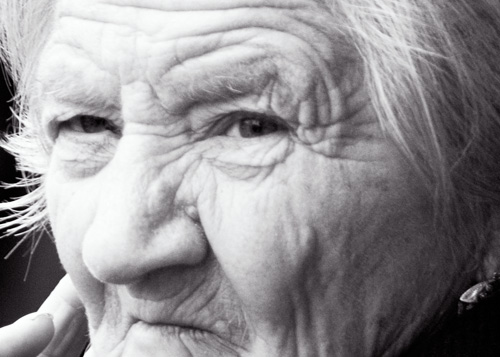The information included on this page should benefit you greatly for preparing for the upcoming vocabulary test. The format of this test is the same format employed for each subsequent vocabulary test.
PART 1 of the Vocabulary test will require you to match the vocabulary word with the description provided for you in class. This section is worth 20 points.
PART 2 of the Vocabulary test will require you to identify each term’s part of speech. This section is worth 20 points.
PART 3 of the Vocabulary test will require you to determine the correct analogy in order to complete the association with you vocabulary term. Included below are further instructions for word analogies. This section of the test is worth 20 points.
An analogy is a type of word problem that often appears on standardized tests. It is made up of two word pairs, like this:
GRACEFUL : CLUMSY :: late : _______
Your goal in solving an analogy is to find a word that correctly completes the second pair. At first glance the words in an analogy may seem to have nothing to do with each other, but the words are always logically related. Both pairs of words have the same kind of relationship. To solve the analogy you need to find that relationship. Read the analogy like this:
“Graceful is to clumsy as late is to ‘blank.'”
Ask yourself: What is the relationship between graceful and clumsy? They are antonyms—words that have opposite meanings. The second pair of words must also be antonyms. Fill in the blank with a word that means the opposite of late, and you’ve solved the analogy. Early is the best answer.
Besides antonyms, the word pairs in an analogy could have one of these types of relationships:
synonyms, or words that have the same or similar meanings, as in WORK : LABOR
descriptive, in which one word describes the other word, as in BLUE : SKY
part to whole, in which one word is a part or piece of the other, as in ARM : BODY
item to category, in which one word names something that falls into the group named by the other word, as in MILK : BEVERAGE
Here’s another example:
PUPPY : DOG :: kitten : _______
The analogy is read “Puppy is to dog as kitten is to ‘blank.'” The first pair of words is not related in any of the ways listed above. Try reading the analogy as a sentence that expresses the relationships between the words: “A puppy is a young dog, like a kitten is a young . . .”? Cat is the best answer.
The following link http://www.teachervision.fen.com/vocabulary/skill-builder/6688.html
should also be helpful for practice with word analogies.
PART 4 of the Vocabulary test will require you to write the root word for each of the vocabulary terms as well as the meaning of the root words. This section of the test is worth 20 points.
PART 5 of the Vocabulary test will require you to use the vocabulary terms in order to complete a story similar to the anecdote which follows. Look for context clues surrounding the missing word in order to get a better sense of what the best possible vocabulary term is. This section of the test is worth 20 points.
The Neighborhood Scold
“Mrs. Webb, if you attempt to take us away from our mother we will _1_ you from calling the police,” the oldest brother implored. The rest of the pack of brothers with skinned knees and grimy faces streaked with dripping perspiration from an afternoon of raking in the Indian summer warmth _2_d around their sobbing mother like an unified army. The _3_ on the old startled woman temporarily took hold on her as she took a step back as if to _4_ from the sibling congregation.
“I’ll get the police alright and see that you older boys are locked-up where you belong and if you raise a threatening hand to me I’ll see that your mother is arrested too,” Mrs. Webb snapped like a confident rooster announcing the dawn. The older brothers looked at each other in agony knowing that they would not harm a woman if for nothing else than to not upset their mother further.
The youngest child, being _5_, spoke up at that confrontational moment, “Why Mrs. Webb your flowers sure are pretty even this late in the year, you’ve done a might fine job of caring for them through such harsh weather even when all the other gardens have passed.”
The matron appeared stunned, yet pleased with the child’s observation. “Yes, these roses are my pride and joy; they’re all I got now that Mr. Webb is gone. I planted them to _6_ him you know.”
The youngest boy spoke again, “Yes’M, I guess them flowers, for you, are like us to our mother. Be ashamed if someone up-rooted them and gave them away. I guess it be right cruel to do something so deliberate,” the child reasoned. He stared for a long moment in the older woman’s grey eyes as the retreating afternoon sun caught a hint of a tear produced from the well of her soul. He took his mother’s hand and escorted her back to the house with his older brothers trailing, the _7_ glare on the wildest boy’s face shot a warning to the older woman that sent a shiver through her nerves.
Just then the _8_ happened to past by, his bible resting in his hand from his visit with an ailing Mr. Lebel. “Ruth Webb, I would give _9_ to what that young angel just expressed to you or I’ll be sure to persuade Charles Hokanson to do a thorough _10_ of your taxes next spring.” The woman, appearing like a scolded dog, wiped her hands on her apron and turned to go into her house.

